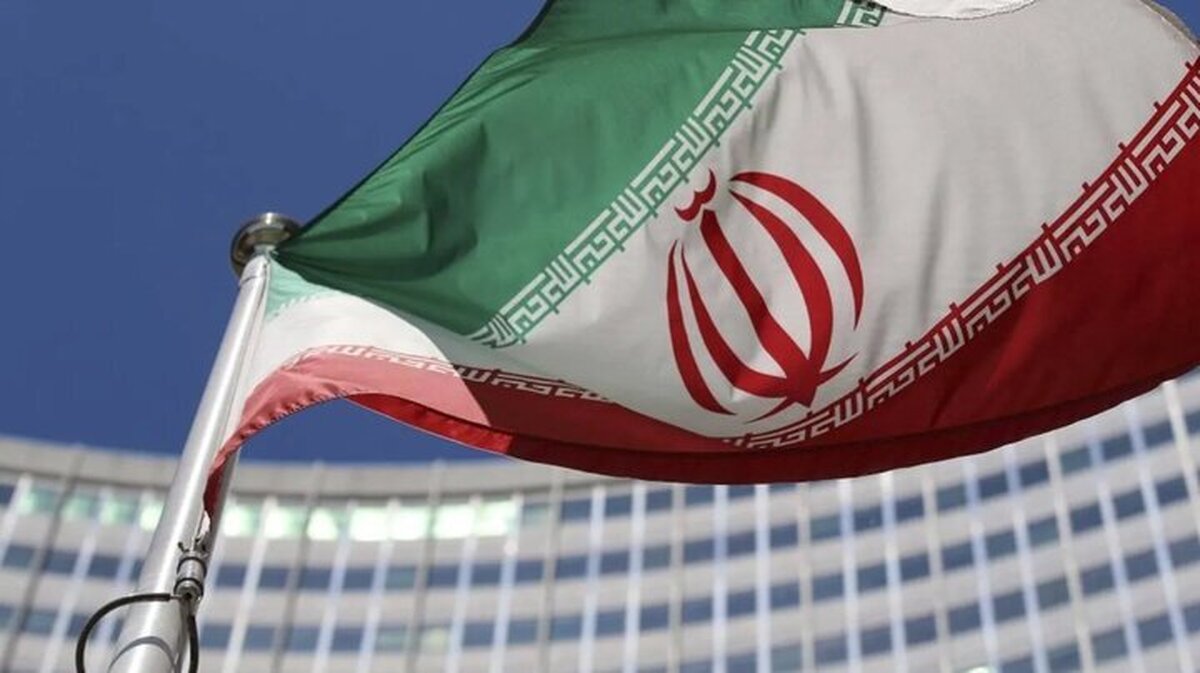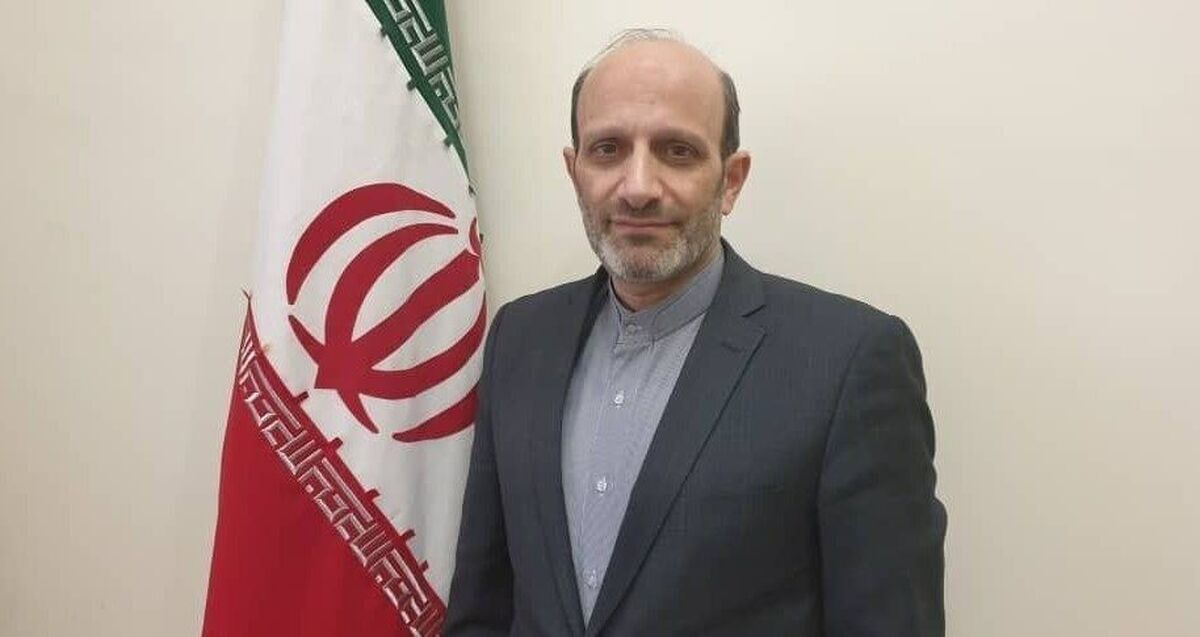
Iran, Germany Private Sectors Take Stock of Trade Challenges
EghtesadOnline: High-level representatives from the private sectors of Iran and Germany convened in Tehran to discuss challenges and come up with mutually beneficial ways of finding solutions to issues created by the reimposition of US sanctions against Tehran.
The meeting took place in Tehran on Tuesday between representatives of the International Department of Iran Chamber of Commerce, Industries, Mines and Agriculture and their counterparts from the Berlin Chamber of Commerce, the official news website of ICCIMA reported.
The two sides discussed imports restrictions, banking channels, money transfer issues, visa issuance troubles for businesspeople and the exit of Germany companies from Iran in spite of the European nation's continued commitment to the Joint Comprehensive Plan of Action, the formal name of Iran's nuclear deal with world powers.
Berlin has said it will help German companies stay in Iran after the US announced in May its unilateral withdrawal from the nuclear deal Iran signed with world powers in 2015, according to Financial Tribune.
But the major German companies withdrew or scaled back their activities in Iran, according to DW, include Volkswagen, Daimler, Commerzbank, Deutsche Bank, DZ Bank, Siemens, Lufthansa and Deutsche Bahn, among others.
Abbasali Qasaei, the head of Iran-Germany Chamber of Commerce, welcomed the German delegation and said it is a good opportunity for businesspeople to directly relay their concerns and problems, and pursue their resolution.
> Call for Transparency in EU Support Package
Pointing to measures underway by the European Union to maintain ties with Iran in the face of US sanctions, Qasaei said the rescue package must be clear and transparent in technical terms to be able to prove useful.
German Foreign Minister Heiko Maas said recently that Berlin, Paris and London were working with Iran on a payment system that could allow the continuation of business transactions after US sanctions start.
EU foreign policy chief, Federica Mogherini, announced in late September that a Special Purpose Vehicle to facilitate trade with Iran could be in place before November when the second batch of US sanctions against Iran are set to be reimposed.
European diplomats have described the SPV proposal as a means to create a barter system, similar to one used by the Soviet Union during the Cold War, to exchange Iranian oil for European goods without money changing hands.
> Major Trading Partners
During the ICCIMA meeting, Mohammad Reza Karbasi, the chamber's deputy for international affairs, stressed that Iran and Germany must pursue trade opportunities more seriously, considering the sensitive nature of current conditions.
"Germany was among the first countries to send several delegations to Iran following the implementation of JCPOA [in January 2016] and signed several good deals both at the level of the government and private sector," he said.
Karbasi noted that bilateral ties have taken a hit even as Germany is staying in JCPOA. He did, however, concede that it is understandable since Germany-US trade of €110 billion cannot be compared to the European country's trade with Iran that stands at just €3 billion.
Germany remains among Iran's biggest trading partner in the European Union. In 2015, when the Iran deal was reached, German exports grew 27%. In 2017, German exports to Iran were worth an estimated €3.5 billion ($4.2 billion).
> Willing to Maintain Ties Despite Difficulties
Dagmar von Bohnstein, the representative of Berlin Chamber of Commerce for Iran, emphasized during the meeting that German companies and their private sector are willing to maintain cooperation with Iran.
However, he said maintaining economic ties with Iran by the European Union is very difficult under the current circumstances since the companies will unwillingly face US sanctions due to their ties to the US and the tangled nature of international economy.
German banks are increasingly refusing to accept payments from Iranian banks, apparently more scared of the US than of the EU. As a result, some German small- and mid-sized exporters could face bankruptcy.
“Eighty to 85 percent of all payments to German banks are being rejected,” Helmut Gottlieb, director of the Hamburg branch of Bank Melli Iran, told DW.
Bohnstein said politics and economics are two sides of the same coin and one cannot be simply ignored. He called on Iran's government to eliminate some of the restrictions it has slapped on imports so that barriers facing German companies wishing to work in Iran will be alleviated at least at the local level.
Amid the currency crisis that ensued after the US withdrawal from JCPOA, Iran has banned the import of more than 1,000 categories of goods to economize on foreign currency.
Representatives of Iranian companies in the meeting proposed that the Iran-Germany Chamber of Commerce would establish a think-tank comprising private sector and businesspeople to better address the problems.



